Sunflower
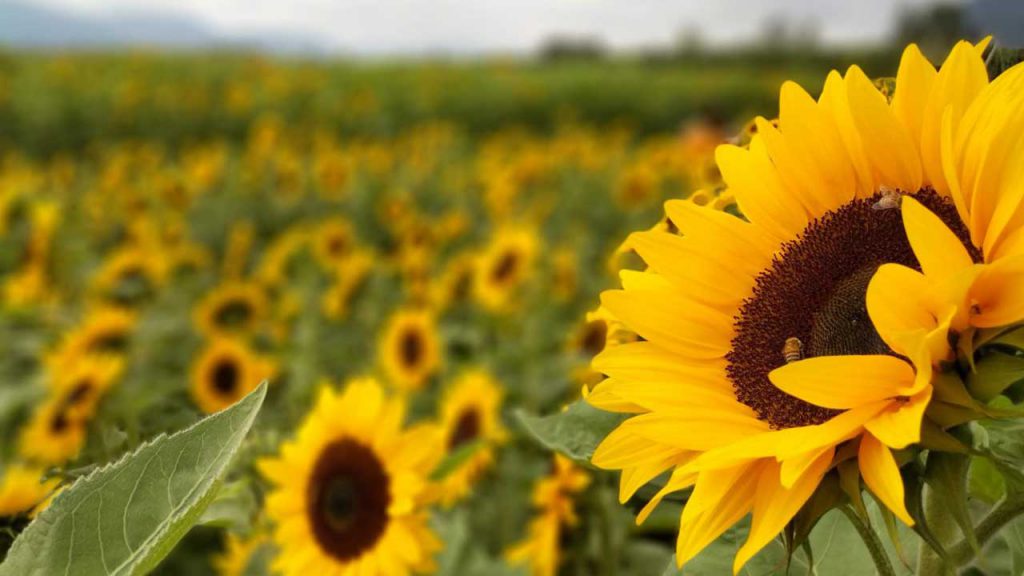
Introduction Sunflower seed is primarily used for manufacturing sunflower oil and oilcake (what is left after the oil has been extracted). After the hull is removed the seed can be consumed or used for different oil production. Most of the seed produced is marketed locally to expressers, animal feed and for seed. The greatest importance […]
Soybeans
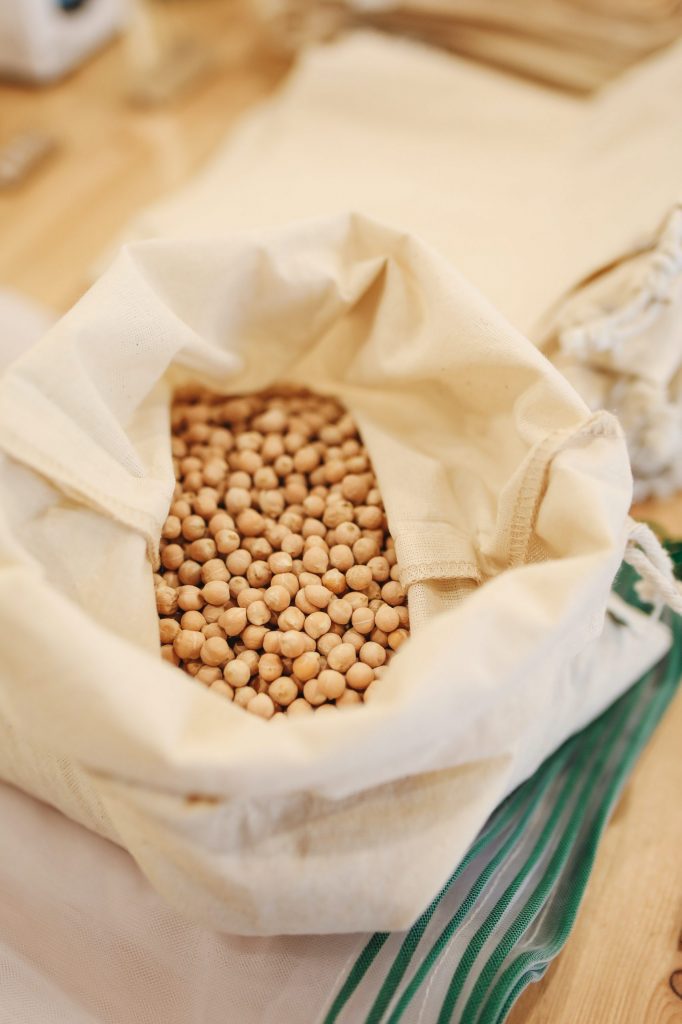
Introduction This is the fourth largest crop in the world after maize, wheat and rice. Soybeans are an important source of vegetable oil and protein worldwide and there is growing interest in soy products amongst people who want to be healthy. Soy contains significant amounts of all the essential amino acids for humans. Soybean seeds […]
Sorghum
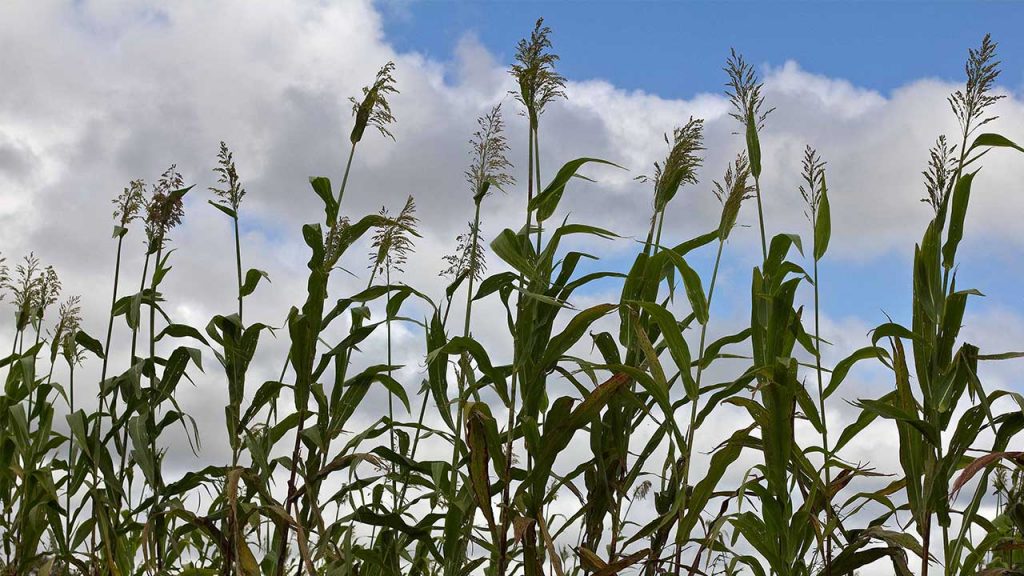
Introduction A versatile crop, sorghum can be grown as a grain, forage or sweet crop. On this page we look at grain sorghum. Sorghum is mainly cultivated on low potential, shallow soils with a high percentage clay content, not suitable for maize cultivation. Sorghum, like other grains, has two basic markets that it serves, namely […]
Maize (corn)
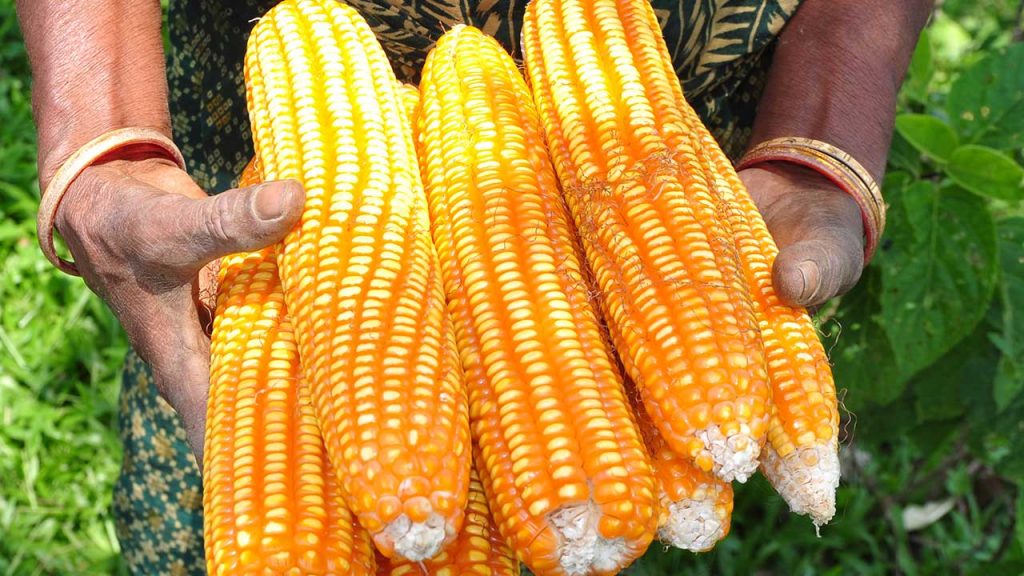
Introduction Maize (Zea mays L.) is the most important grain crop in South Africa and is produced throughout the country under diverse environments. See fuller discussion under “Local business environment” heading. Successful maize production depends on the correct application of production inputs that will sustain the environment as well as agricultural production. These inputs are, inter alia, […]
Canola (rapeseed)
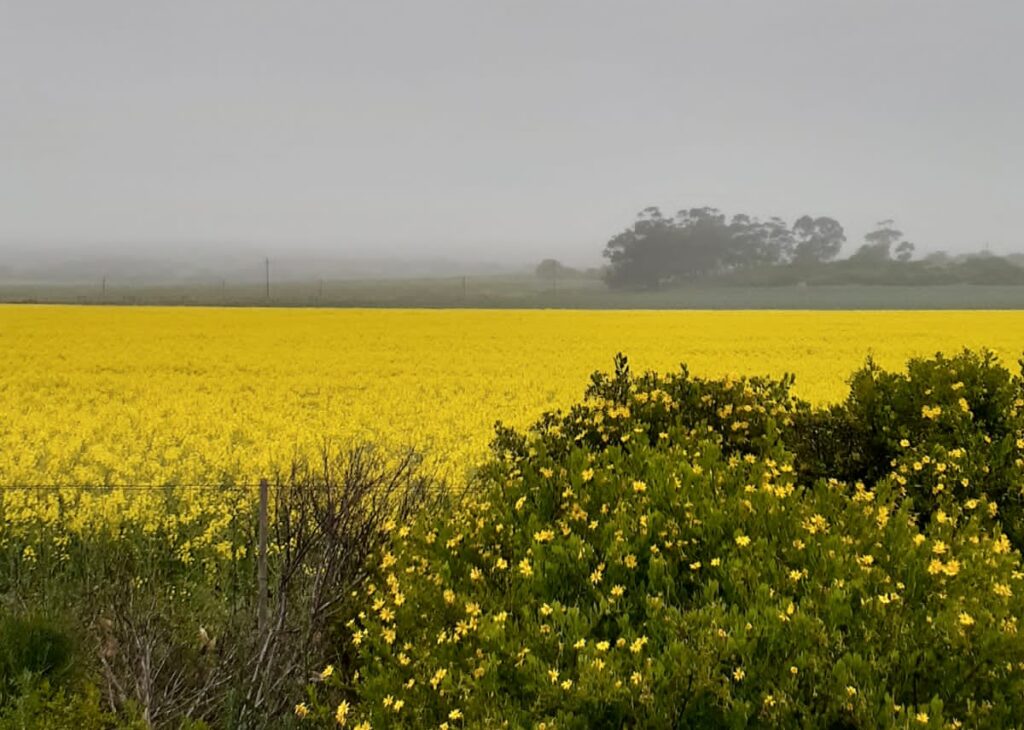
Introduction Canola, Brassica Napus, (also known as rapeseed) is an oilseed crop. It is an excellent rotation crop, and should be used to increase profits of crops such as maize and wheat. Advantages include the lowering of root knot nematodes and Phytophtera. The growing of canola needs good management. Special care should be taken with harvesting of […]
